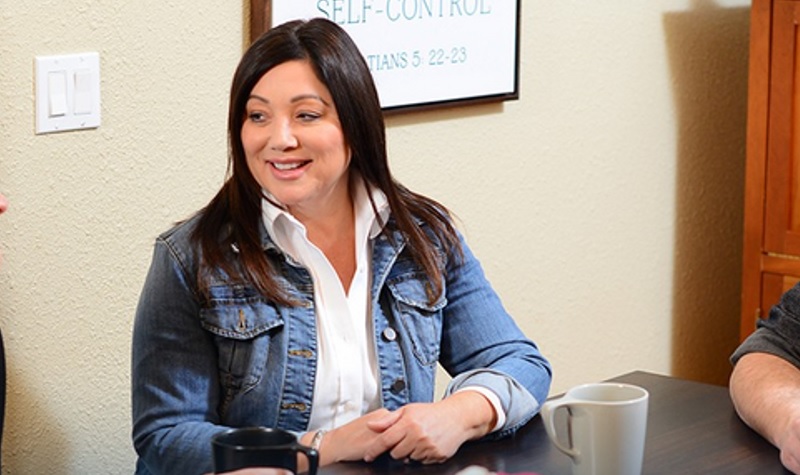
Rep. Lori Chavez-DeRemer
Press Release
Rep. Lori Chavez-DeRemer (OR-05) joined Reps. Darren Soto (FL-09), Lisa Blunt Rochester (DE-At Large), and Andrew Garbarino (NY-02) to introduce the bipartisan Jobs of the Future Act. The proposal authorizes the Department of Labor and the National Science Foundation to work with private and public stakeholders to create a report analyzing the future growth of artificial intelligence and its impact on U.S. workers.
“With artificial intelligence quickly becoming more popular and powerful, we need to prepare for the consequences in a timely manner – and that includes analyzing the impact AI will have on our workforce. I urge my colleagues to support conducting this study so workers, businesses, and communities can prepare sooner rather than later,” Chavez-DeRemer said.
“I’m proud to work across the aisle to help our local communities prepare for the ways in which artificial intelligence will shape the workforce, the economy, and our way of life. As AI continues to grow rapidly, the Jobs of the Future Act will ensure we have information on industries projected to have the most growth, demographics affected by these changes, and more. In Central Florida, AI is increasingly being utilized in the agriculture industry and at NeoCity, so it is important for us to have this data. We hope the report generated as a result of our bill will help organizations identify opportunities for workers and prepare for the changes created by AI,” said Soto.
“As the Future of Work Caucus co-chair, I’m constantly looking at ways in which our world and our workforce is evolving. There’s no question that the development of artificial intelligence poses many challenges and opportunities, particularly when it comes to our economy. We, as lawmakers, have to come to the table with open eyes and relevant data to be able to make informed decisions. That’s why I’m thrilled to be introducing the Jobs of the Future Act of 2023 with my colleagues to help us gather that data. Working with the Department of Labor and the National Science Foundation, we can bring together public and private stakeholders, gather and channel important insights, and ultimately harness the power of AI to unleash the full potential of the American economy,” said Blunt Rochester.
“The future of work is changing and, as co-chair of the Future of Work caucus and Chairman of the Cybersecurity and Infrastructure Protection Subcommittee on the Homeland Security Committee, I know how important it is that we are prepared to meet this new demand. That includes by proactively exploring opportunities for retraining and upskilling America’s workforce. This bill directs the Administration to work with the public and private sector to understand the impact of artificial intelligence on the future of our workforce. I am proud to join my bipartisan colleagues in this effort and I thank Congressman Soto for his leadership on this issue,” said Garbarino.
The study authorized by the bill would analyze:
- Industries and occupations projected to have the most growth in AI use, and whether the technology is likely to result in the enhancement of workers’ capabilities or their replacement;
- Opportunities for various stakeholders to influence the impact of AI on workers across various industries;
- Which workforce demographics currently stand to be most affected by the proliferation of AI;
- Skills, expertise, and education needed by workers to develop, operate, or work alongside AI;
- Data required to evaluate the impact of AI on the U.S. workforce, and the availability of such data;
- Methods by which these skills can effectively be delivered to the U.S. workforce; and
- Potential for various academic institutions to disseminate necessary skills and training.
Full text of the bill is available HERE.
Disclaimer: Articles featured on Oregon Report are the creation, responsibility and opinion of the authoring individual or organization which is featured at the top of every article.


